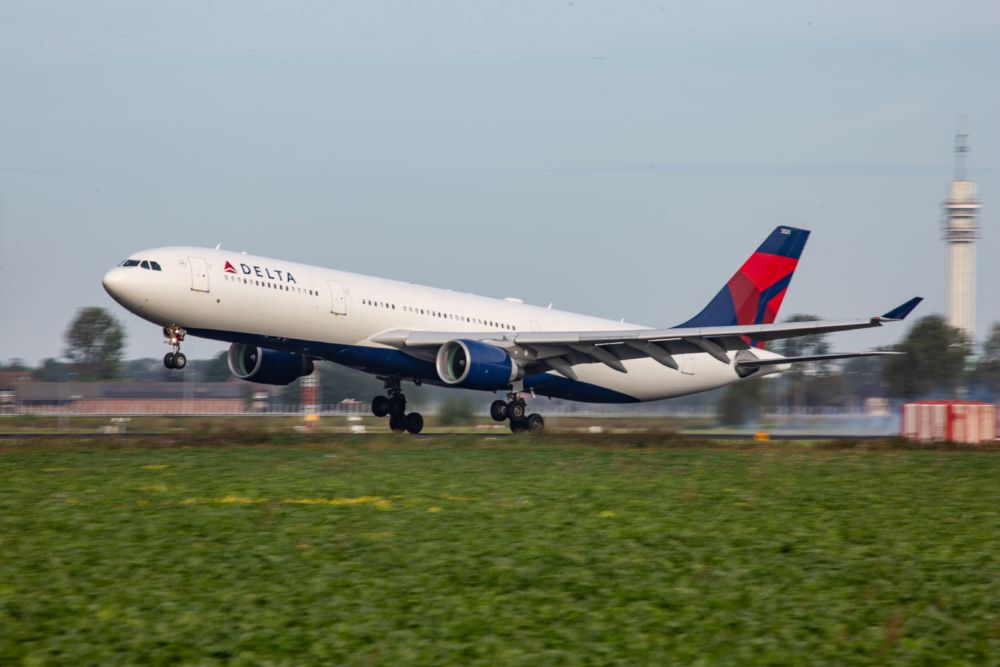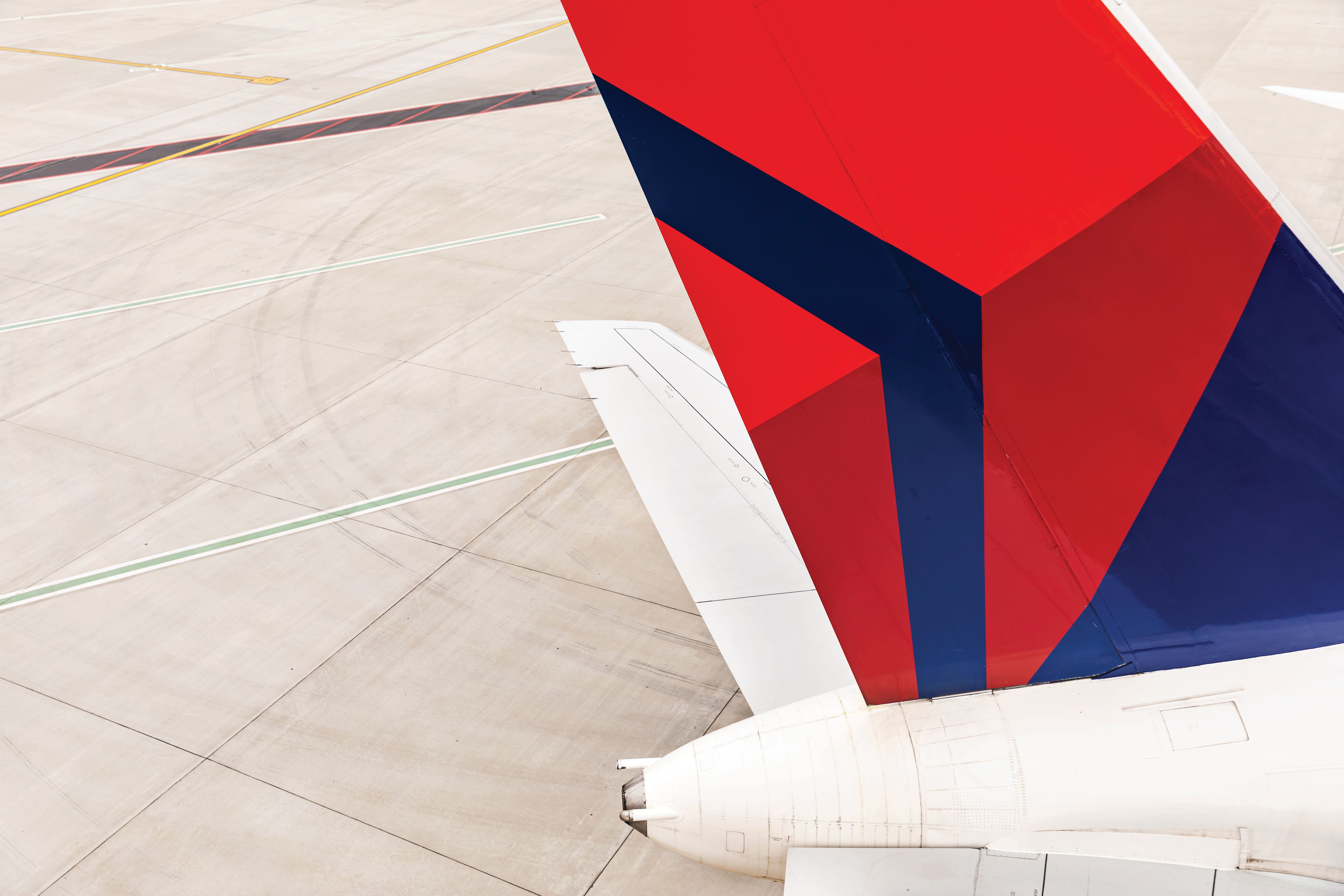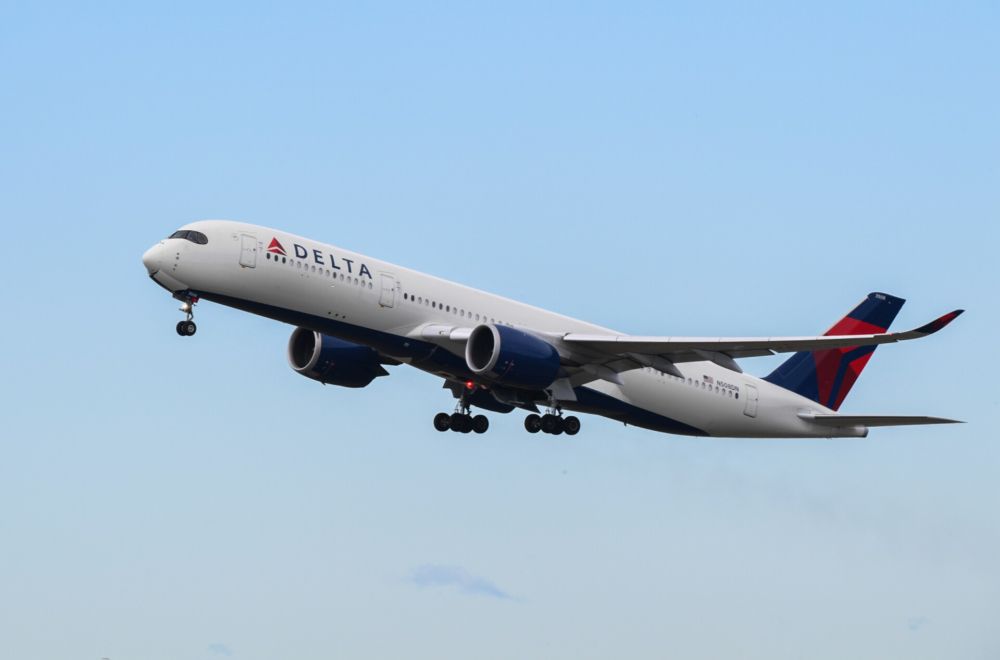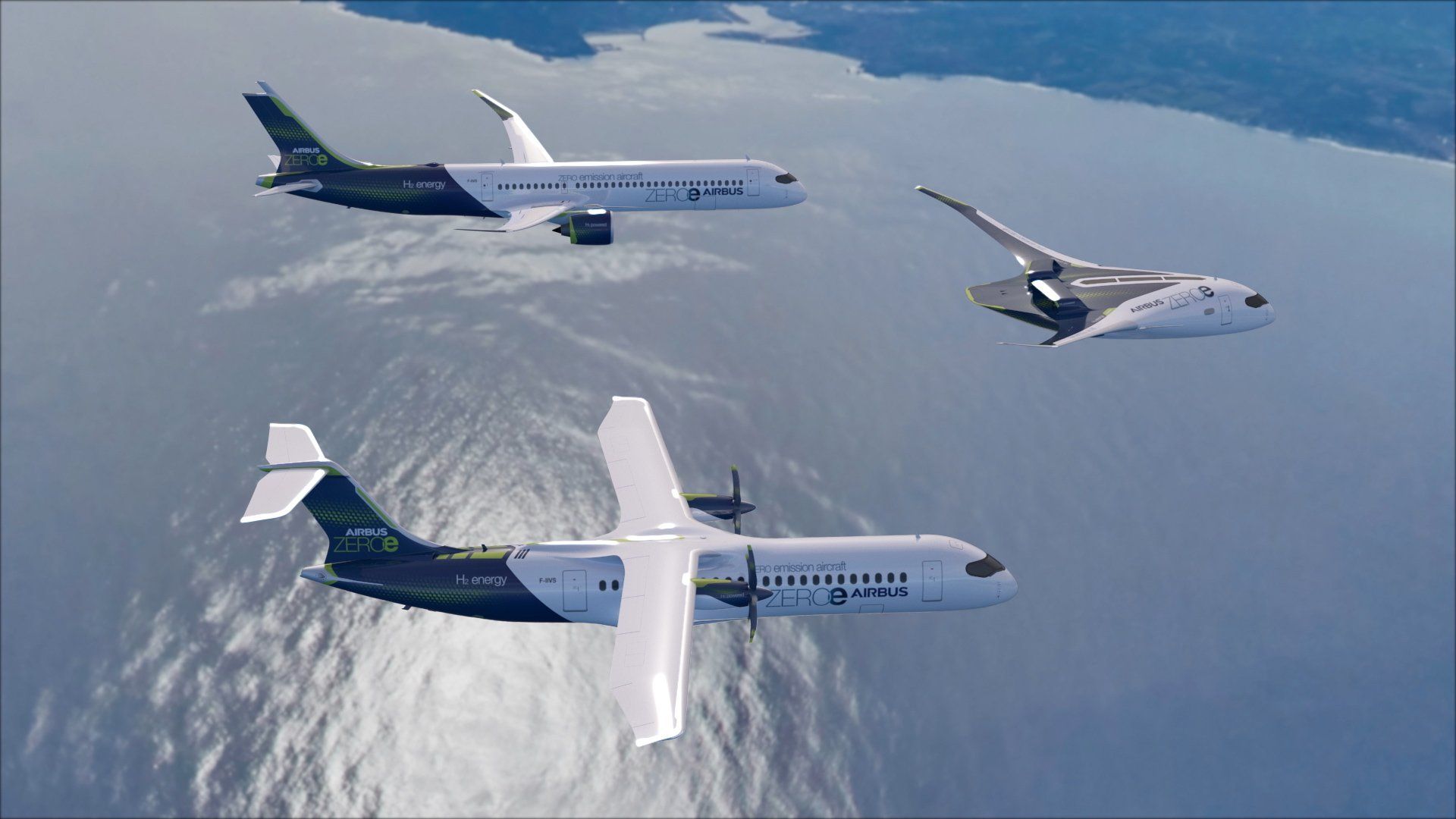Delta Air Lines has signed a Memorandum of Understanding (MoU) with Airbus to collaborate on research for hydrogen-powered aircraft. The carrier will become the first US-based airline to partner with Airbus on the development of hydrogen aircraft.
Delta forms hydrogen partnership with Airbus
As part of its Flight to Net Zero initiative, Delta Air Lines will partner with aerospace manufacturer Airbus to accelerate the development of hydrogen-fueled aircraft. The carrier has said that no financial investment is involved in this partnership. Delta said in a statement announcing the agreement,
"Delta has signed a Memorandum of Understanding to become the first US-based airline to collaborate with Airbus on the research and development of hydrogen-powered aircraft and the ecosystem required to make the transition."
Feedback on economics, operations, and technology
The partnership will focus on the economic, operational, and technical feasibility of usinghydrogenpower in the aviation industry. Airbus plans to introduce a hydrogen-powered plane into service by the mid-2030s and wants feedback from potential customers.
Delta becomes Airbus' first US-based partner on its 'ZEROe' hydrogen project. Three other carriers have signed similar agreements - easyJet, SAS Scandinavian Airlines, and Air New Zealand. Pam Fletcher, Delta’s Chief Sustainability Officer, said,
"To pull the future of sustainable aviation forward, we need to accelerate the development and commercialization of potentially disruptive technologies. Hydrogen fuel is an exciting concept that has the potential to redefine the status quo. These tangible steps lay the groundwork for the next generation of aviation."
Details of the partnership
According to Delta, the partnership will focus on three key areas:
- Aircraft Concept: Exploring the technical and economic feasibility of hydrogen-fueled aircraft, integration into Delta’s fleet and operations, and the aircraft’s potential performance. This includes flight range limits, refueling time, and airport compatibility.
- Aviation Ecosystem: Evaluating the infrastructure needed to develop green hydrogen, nationwide scaling and implementation, and analyzing regulation and costs.
- Coalition Building: Advocating for a decarbonized future in aviation, including pathways to hydrogen production, with key industry stakeholders.
Julie Kitcher, E.V.P. Communications & Corporate Affairs at Airbus, said,
"To decarbonize aviation, we need to develop the right technology bricks and a dynamic hydrogen eco-system. Through close collaboration with key partners, such as Delta, we will integrate our customers' expertise and specific needs to ensure our zero-emission aircraft will be a game-changer for sustainable aerospace."
Airbus ZEROe plane
In 2020, Airbus revealed three concept aircraft - ZEROe - incorporating hydrogen technology. The three concepts include a narrowbody turbofan aircraft, a 100-seater turboprop and a unique blended-wing design. Amanda Simpson, V.P. Research & Technology at Airbus, told Reuters,
"We're in the pre-product development phase, where we're trying to understand clearly what is the realm of the possible - what is going to work."
The company has set an entry-to-service target of 2035 for one of these aircraft and plans to make a decision on which design to prioritize by 2024. Airbus will use one of its Airbus A380s as a testbed for the ZEROe hydrogen engine. However, a testbed flight isn't expected to happen until 2026.
What are your thoughts on the Airbus ZEROe concept planes? Do you see hydrogen aircraft entering service by the mid-2030s? Let us know your insights in the comments.




